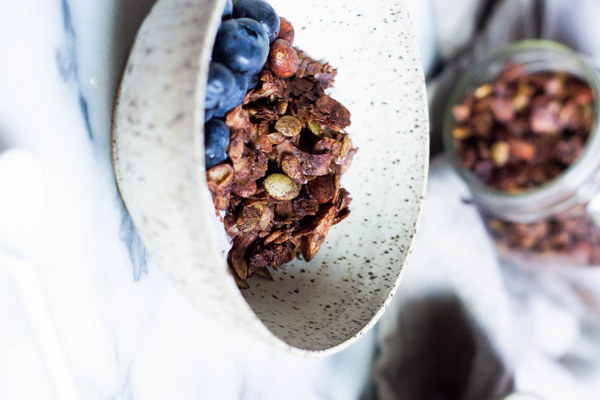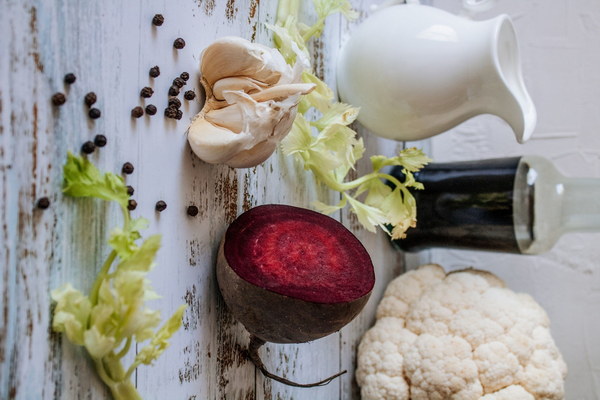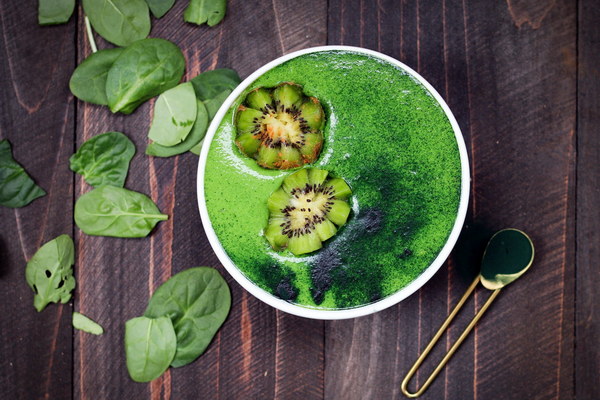Pumpkin A Nutritious and Medicinal Delight - Is It a Traditional Chinese Medicine and Dietery Dual Function Food
Pumpkin, a versatile and popular vegetable, has long been celebrated for its delicious taste and numerous health benefits. But did you know that pumpkin can also be considered a traditional Chinese medicine and dietery dual function food? In this article, we will explore the fascinating world of pumpkin, uncovering its potential as both a nutritious ingredient and a herbal remedy.
Pumpkin, botanically known as Cucurbita moschata, is a member of the Cucurbitaceae family, which also includes squashes, cucumbers, and melons. It originated in Central America and has been cultivated for thousands of years. Today, pumpkin is a staple in many cuisines around the world, and it is known for its vibrant orange color and rich, sweet flavor.
In traditional Chinese medicine (TCM), pumpkin is regarded as a yin food, meaning it has a cooling and nourishing effect on the body. According to TCM, pumpkin has several medicinal properties that can help treat various health issues. Here are some of the health benefits associated with pumpkin:
1. Boosts Immune System: Pumpkins are rich in vitamins A and C, which play a crucial role in supporting the immune system. These vitamins help fight off infections and promote overall health.
2. Promotes Eye Health: The high content of vitamin A in pumpkin is beneficial for maintaining healthy eyesight, preventing macular degeneration, and improving night vision.

3. Supports Digestive Health: Pumpkins are high in fiber, which helps regulate bowel movements and prevent constipation. The fiber also promotes the growth of beneficial gut bacteria, which can improve digestion and overall gut health.
4. Reduces Inflammation: The anti-inflammatory properties of pumpkin are attributed to its content of beta-carotene and vitamin E. These compounds help reduce inflammation in the body, which can alleviate symptoms of various inflammatory conditions, such as arthritis.
5. Supports Heart Health: Pumpkins are low in saturated fat and cholesterol, and they contain compounds like potassium and magnesium, which can help lower blood pressure and reduce the risk of heart disease.
6. Antioxidant Properties: The antioxidants found in pumpkin, such as vitamin C, vitamin E, and beta-carotene, help protect the body against oxidative stress and damage caused by free radicals.
Now that we have explored the health benefits of pumpkin, let's discuss its role in traditional Chinese medicine and dietery. In TCM, pumpkin is often used in various herbal formulas to treat conditions like constipation, skin issues, and kidney problems. It is believed to help balance the body's qi (vital energy) and improve overall health.
In terms of dietery, pumpkin is a versatile ingredient that can be incorporated into a wide range of dishes. It is often used in soups, stews, pies, and even smoothies. The sweet, nutty flavor of pumpkin pairs well with various herbs and spices, making it a perfect addition to both savory and sweet recipes.
In conclusion, pumpkin is indeed a traditional Chinese medicine and dietery dual function food. Its rich nutritional profile, combined with its potential as a herbal remedy, makes it a valuable addition to a healthy diet. Whether you enjoy it as a nutritious snack, a comforting soup, or a delightful dessert, pumpkin is a versatile and healthful choice for anyone looking to improve their well-being.









